How do you know when it’s time to STOP fasting
If you’re in the middle of a fast and think you should stop, what should you do? When is the best time to stop a fast, and how do you know it’s the right time to stop? Don’t panic! It’s going to be ok. Take a deep breath, relax and let your mind get in tune with your body. I’m going to share what I’ve learned working with hundreds of fasters as well as having done my own personal juice cleanses, water fasts and detoxes over the years. You can do every fast right and you can do every fast wrong. Knowing when to stop and how to break your fast is one of the most important parts to get right.

How do you know when to stop fasting?
When NOT to Stop your Fast
The worst time to break your fast is in the evening or at night when you’re feeling emotional. As soon as you feel off track, it’s easy to crave junk food and to want to quit. But, you can easily see that this is not the best time or the best way to break a fast, and it’s not coming from a place of healing. If this happens – tell yourself that you CAN break your fast the next day, in the morning and with healthy foods. If you wake up the next day and still want to break the fast, then go ahead and do so. Chances are that you won’t want to quit though. Usually if you can pass that emotional wave, you’ll wake up feeling ready to continue with your cleanse.
Another big mistake is to let your ego run the show. This can happen if you tend to be more active on social media during your fast. Announcing the number of days you will fast or posting daily updates of your cleanse can quickly turn into a competition and can really be a slippery slope. If you feel that you need to continue fasting because you “can’t let others down” or you will feel like a failure for not “completing” your fast, then you’re no longer in a grounded energy of mind, body and spirit and you are no longer fasting for yourself. If this happens, get away from social media and reconnect to YOU. The only person that you came here with is you and the only person you leave here with is you. Don’t fast to please others or to win the “I’ve done the longest or the most fasts” game. It’s not a game that can be won.
There’s nothing wrong with having a number in mind of how many days you want to fast when you start. In fact, it’s normal to do so and part of human nature. It can also be helpful to have a goal in mind so that you can mentally pace yourself and stay on track. But, you have to be willing and ready to change that number if need be. If you’re body tells you that it’s time to stop, then you have to be ready to listen. In some cases, you may want to continue longer and that’s ok too. What is key is that you are making the decision that is best for YOU.
When to Continue Fasting and When to Stop
If you’re in the middle of a healing crisis, ideally it’s best to continue with your cleanse as long as you’re feeling up for it. In most cases (according to the Hering’s Law of Cure) a healing crisis should not last for more than 3 days. You know that you’ve had a healing crisis when you feel better afterwards and when your symptoms of dis-ease have passed.
You’ll know that it is the right time to stop fasting when you are feeling spiritually connected, emotionally grounded and physically stable while also having a strong and centered feeling that it’s time to stop. Your body knows when it’s ready. When you’re energetically grounded, it will be easy to break your fast gently and with healthy foods or drink. Remember: your body chooses the pace of your healing. Even when you fast for spiritual prayer or healing, stay connected to your physical body. You need that body to work for you when you go back into the world of eating!
Breaking the Fast
To break your fast correctly, most detox experts agree that you should eat a 100% raw food diet for half as many days as your cleanse. This helps the body transition back to eating at a healthy pace. For a 21-day fast, plan to eat a 100% raw food diet for at least 10 days after your detox. How quickly you transition back to normal eating and how quickly you add fats back into the diet depends on what type of cleanse you did – water fast, juice fast, mono fast, colon cleanse with herbs or other. In general, it’s a good rule of thumb to stay with a no fat diet until you have your first bowel movement which will hopefully occur naturally after 1-3 days of eating. After that, you can slowly add more good fats such as organic nuts, seeds and cold-pressed oils. Ideally, fasting becomes a normal part of healthy living, like spring cleaning your house or servicing your car every year. When done correctly, fasting can be an amazing tool for healing.
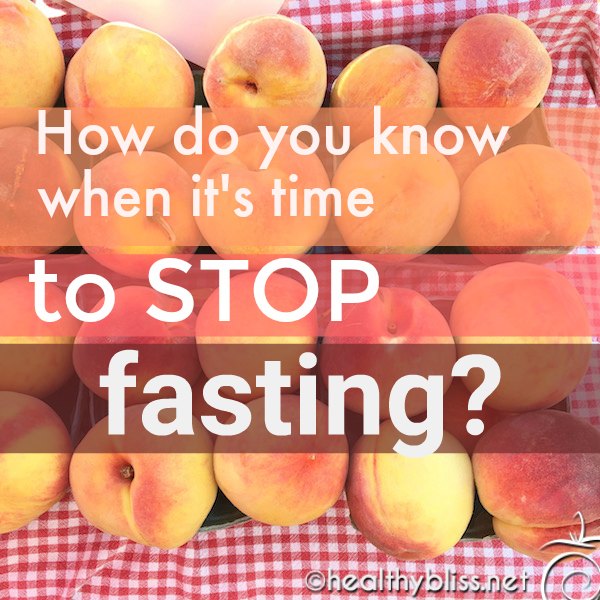
Breaking your fast at the right time is an important part of healing







How to Eat Clean: Start with Green Smoothies!
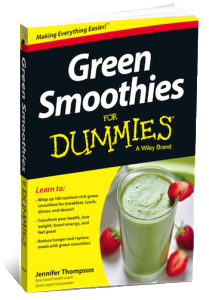 Check out my book Green Smoothies for Dummies – I’ve got loads of recipes using dark leafy greens and many delicious combos without any chemical additives, flavorings or refined sugar. It’s so easy!
Check out my book Green Smoothies for Dummies – I’ve got loads of recipes using dark leafy greens and many delicious combos without any chemical additives, flavorings or refined sugar. It’s so easy!
Clean your body from the inside out and watch your skin improve, your hair and nails get stronger, your eyes look brighter and your waistline slim down….all naturally and effortlessly! It’s simply amazing and your only regret will be that you didn’t start drinking green smoothies sooner.
When you take care of your whole body, you get whole body health.
When you let your food be your medicine, you are always moving towards better health.
Find the book Green Smoothies for Dummies on iTunes or amazon.com!
For more on how to achieve your health goals and actually start feeling great, book a private health consult with me via Skype.
How to Book Your Health & Nutritional Coaching Session:
1. Take photos of your eyes with a smart phone or digital camera.
2. Email the photos to me for approval for Iridology Analysis.
3. We schedule a time to meet via phone or Skype!
More on anti-Aging:
- Loni Jane Anthony pregnant and eating 10 bananas a day: She says “80:10:10 diet saved my life”
- Top 10 Secrets for Good Health and Longevity: How to Create Your Personal ‘Blue Zone’
- Vilcabamba, Ecuador: The Raw Food Valley of Longevity… or Just Hype?
- Hollywood Celebrities and Supermodels are Drinking Green Smoothies!
- What are the symptoms of Heavy Metal toxicity?
Jennifer Betesh
Latest posts by Jennifer Betesh (see all)
- What is an elimination diet? - 28 March, 2019
- Intermittent fasting – What’s the best way? - 15 March, 2019
- How do you know when it’s time to STOP fasting - 28 February, 2019
- When is the BEST time (and WORST time) to START a detox - 20 February, 2019
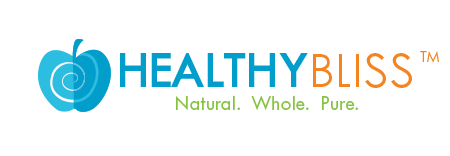
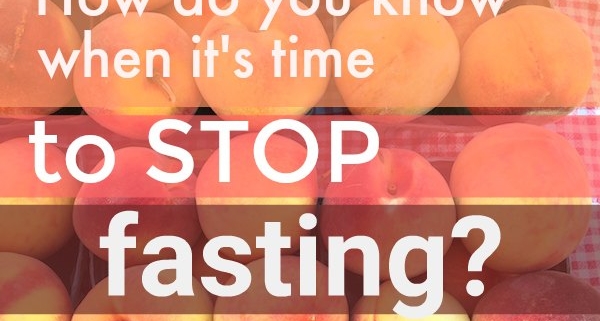 2019
2019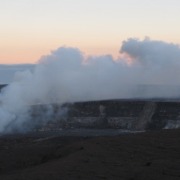



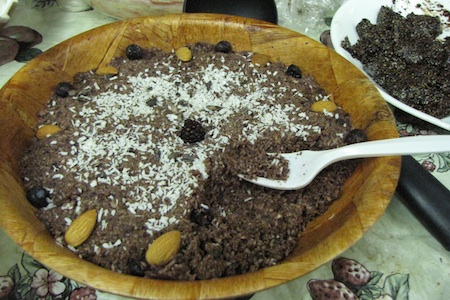

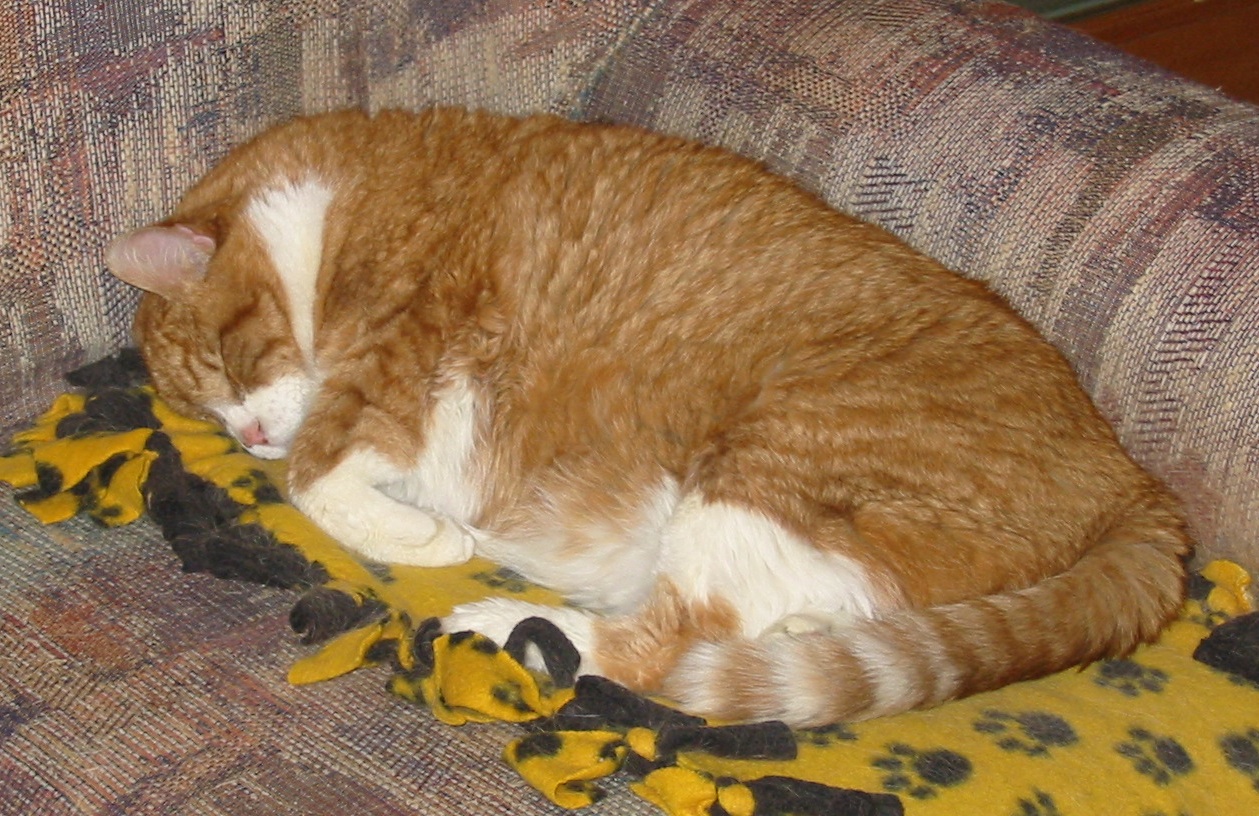
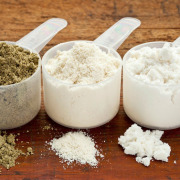
 2019
2019 2019
2019
Leave a Reply
Want to join the discussion? Please be respectful of other participants in the conversation and keep your comments respectful, friendly and relevant. Differences of opinion are welcome, but trolling and abuse of other commentators and the Healthy Bliss team is not and will result in blacklisting. Thank you for keeping this a bully-free zone!